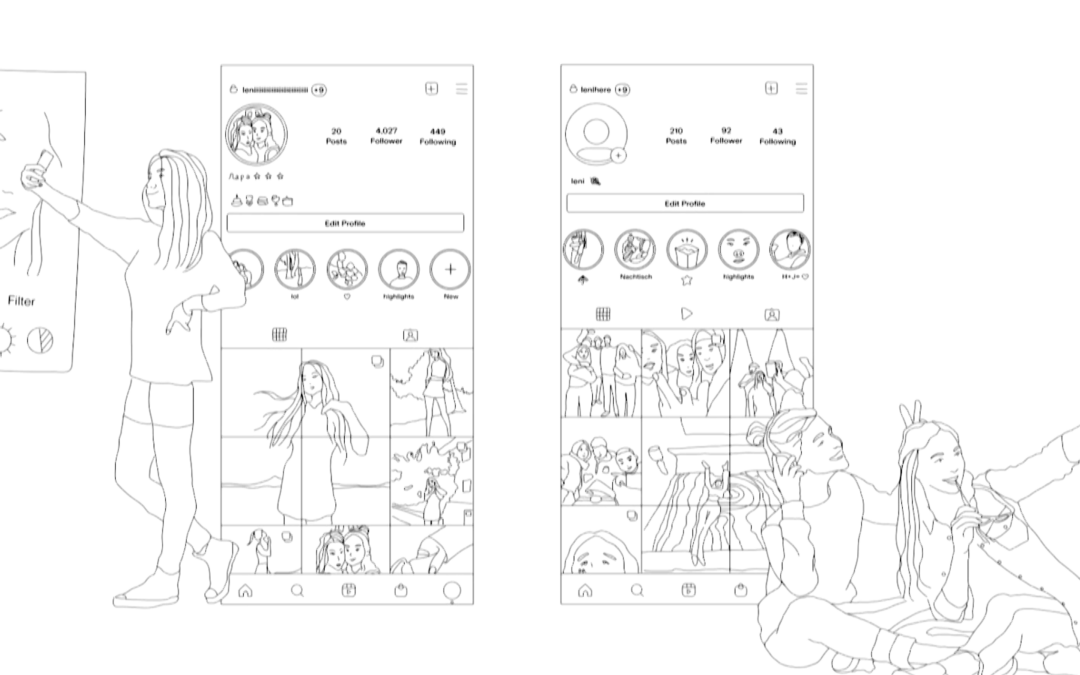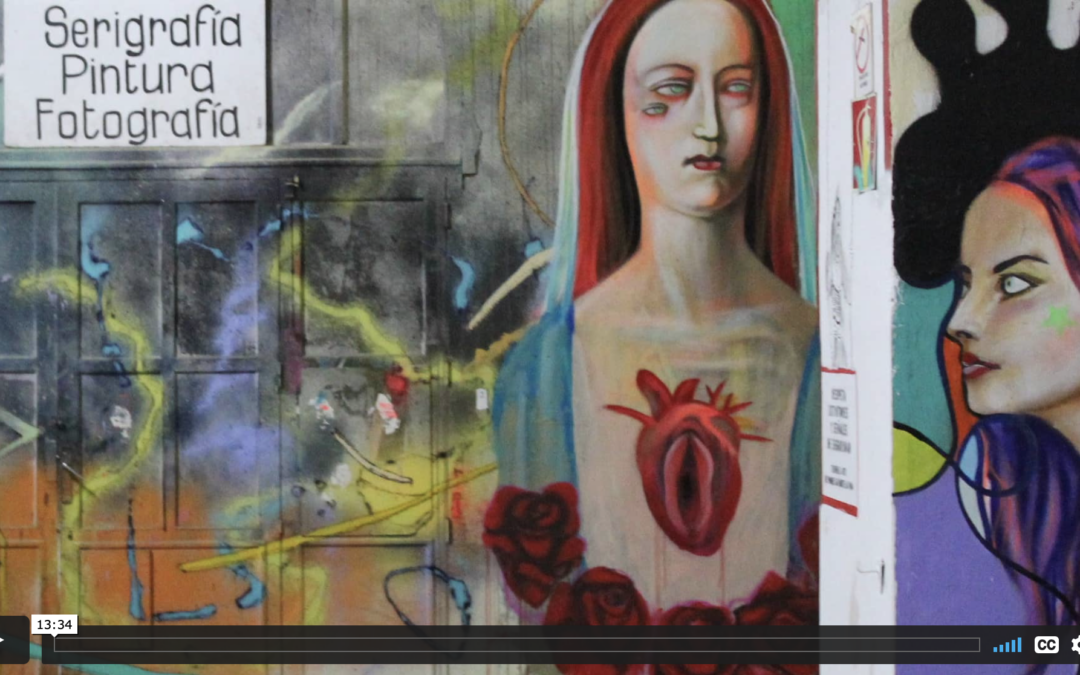Virtual worlds have been central to an imagined future in which advances in technology propel new social practices. The recent focus within the technology industry on the “metaverse” is the latest iteration of...


Virtual worlds have been central to an imagined future in which advances in technology propel new social practices. The recent focus within the technology industry on the “metaverse” is the latest iteration of...

While a number of scholars have studied online communities, research on games has been mostly focused on the business, experience, and content of gameplay. Interactions between players within games has received less attention, and toxic behavior is a newer area of investigation in academia....

Supporting communities on its platforms has been a part of Facebook's core mission since 2017. Early understandings of the needs of groups and organizers largely centered around groups that began on Facebook itself. This paper is the result of ethnographic research conducted in 2019 to better...